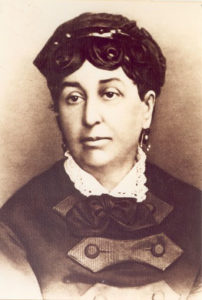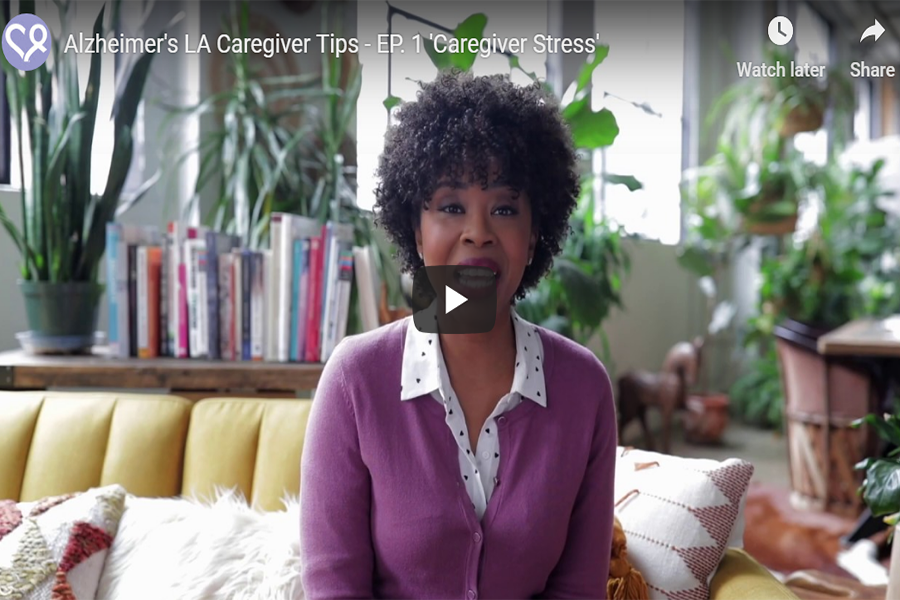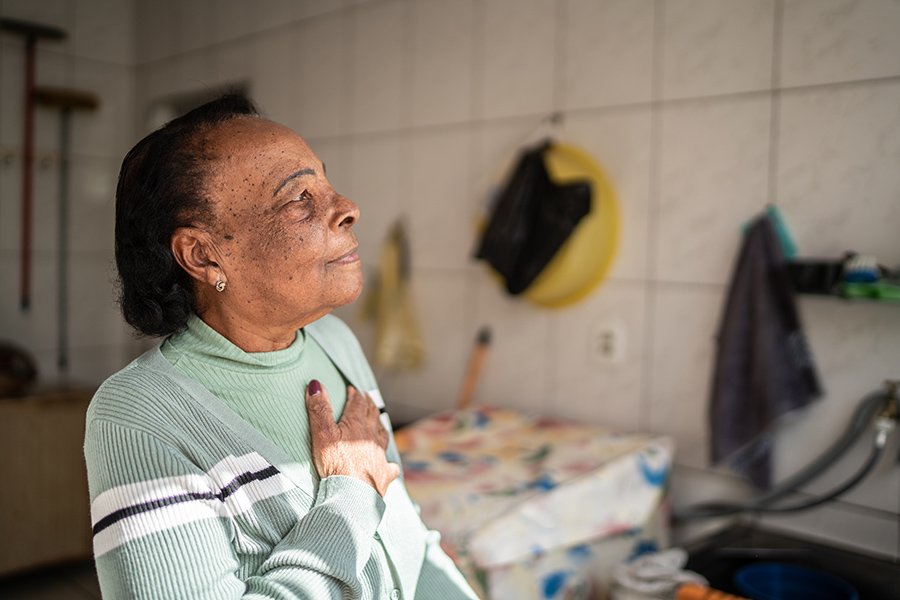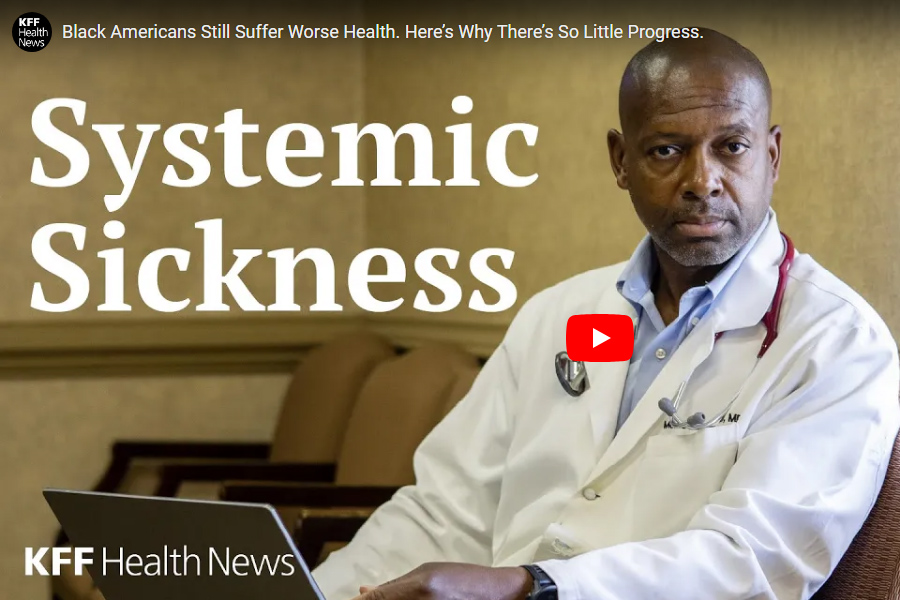“It is extraordinary how music sends one back into memories of the past.” – George Sand
Alzheimer’s is a progressive disease that destroys memory and other important mental functions. It is estimated that 5.4 million Americans are affected by Alzheimer’s every year. No cure has been found for Alzheimer’s, but there may be a way to slow it down. How? The power of Music Therapy for Alzheimer’s patients.
Why Music Therapy?
Oliver Sacks, M.D., the late neurologist associated with the organization Music & Memory said, “Music evokes emotion, and emotion can bring with it memory… it brings back the feeling of life when nothing else can.”
In the brain is the medial prefrontal cortex. This part of the brain is the last to atrophy in Alzheimer’s patients, it also may serve as a hub in which music, memory, and emotions meet. When music from the patient’s era is played it serves as a melodious match that sparks the fire of their memories with the song being played. In a study done by the well-known organization Music and Memory, the researchers went to a few long-term care facilities in New York testing with personalized playlist for Alzheimer’s patients, and it was a great success. Patients seemed to remember a lot of their music and were able to remember certain moments in their life like what they were doing when this song came out. Some patients had such a great reaction they began to dance a little in their chair. Once unresponsive Alzheimer’s patients now lit up with joy and danced, sang along, or tapped out the beats to the song.
One of the most remarkable stories is that of Henry. He barely said a word to anyone and suffered from dementia. He was given an iPod with his favorite gospel hymns and musicals and he was able to recall lyrics and songs that he loved when he was younger.
How Does Music Help?
The brain is hardwired to associate music and lyrics with long-term memory. Therefore, theoretically people have the ability to recall certain things when listening to music that remind them of a certain time in their life. Along with music comes singing. Singing can help in a variety of ways. Singing releases dopamine into the brain, dopamine is a chemical in the brain that produces a feel-good state as well as the feeling of being in love. Singing also activates the left side of the brain while also activating the right side for lyrics causing activity all over the brain. Activating the brain is important and can exercise the brain benefiting memory in the long run as well as slowing down the effects of atrophy.
Music Therapy for Alzheimer’s Patients
If you are aware of your loved ones music preferences you may start making a playlist and beginning there. Make sure no matter what you play that it is at a soft volume that will not harm your loved one’s ears. Also, make sure to be very careful as to the song selection. Not all songs bring back good memories, so make sure you use the first song as a trial run, maybe an upbeat song.
If you don’t know, A good place to start is musicals and movie soundtracks from their era. Why musicals? Mostly, in the time of our elders suffering from dementia and Alzheimer’s today show tunes were very popular since all of their biggest stars performed in these musicals unlike today.
When looking for songs, make sure to use music that would have been new by the time your loved one was between the ages of 18-25 at this time we are most receptive to music and our culture.
Here are some Musicals you may try with your loved one. It may depend on their era, of course:
“The Wizard of Oz” (1939) – “Somewhere Over the Rainbow”
“Oklahoma!” (1943) – “Oh What A Beautiful Mornin’”
“Annie Get Your Gun” (1946) – “Anything You Can Do”
“Guys and Dolls” (1950) – “Luck Be A Lady”
“Pinocchio” (1957) – “When You Wish Upon A Star”
“Once Upon A Mattress” (1959) – “Shy”
“Fiddler on the Roof” (1964) – “If I Were A Rich Man”
“The Sound of Music” (1965) – “Edelweiss” “The Sound of Music”
If you think you might have some success with Popular Music from earlier times you can try some from the list below:
“Symphony No. 5” (1808) – Beethoven
“The Entertainer” (1902) – Scott Joplin
“Georgia (On My Mind)” (1930) – Hoagy Carmichael
“I Found a Million Dollar Baby” (1931) – The Boswell Sisters
“Dinah” (1935) – The Boswell Sisters
“Sing, Sing, Sing” (1939) – Benny Goodman
“Swinging on a Star” (1944) – Bing Crosby
“When You Wish Upon A Star” (1940) – Disney
“I’ll Never Smile Again” (1940) – Tommy Dorsey and His Orchestra
“Boogie Woogie Bugle Boy” (1941) – The Andrew Sisters
“Chattanooga Choo Choo” (1941) – Glenn Miller and His Orchestra
“White Christmas” (1942) – Bing Crosby
“Don’t Fence Me In” (1945) – Bing Crosby and The Andrew Sisters
“Rudolph the Red-Nosed Reindeer” (1950) – Gene Autry
“If” (1951) – Perry Como
“Mr. Sandman” (1954) – The Chordettes
“Rock Around the Clock” (1955) – Bill Haley & His Comets
“Hound Dog” “Love Me Tender” (1956) – Elvis Presley
“Eddie My Love” (1956) – The Chordettes
“Tonight You Belong to Me” (1956) – The Lennon Sisters
“Walkin’ After Midnight” (1957) – Patsy Cline
“The Battle of New Orleans” (1959) – Johnny Horton
“Sleep Walk” (1959) – Santo & Johnny
“Georgia on My Mind” (1960) – Ray Charles
“Will You Love Me Tommorow” (1960) – The Shirelles
“Please Mr. Postman” (1961) – The Marvelettes
“Fall to Pieces” “Crazy” (1961) – Patsy Cline
“Never On Sunday” (1961) – The Chordettes
“Monster Mash” (1962) – Bobby ‘Boris’ Pickett & The Crypt-Kickers
“Be My Baby” (1964) – The Ronettes
“Baby Love” (1964) – The Supremes
“I Heard It Through The Grapevine” (1968) – Marvin Gaye
“I’ll Be There” (1970) – The Jackson 5
The popular performance by the Andrew Sisters catapulted them to fame with their War time attire and stunning harmonies.
Do you have any other songs you’d suggest? Please leave a comment with any song you suggest!























